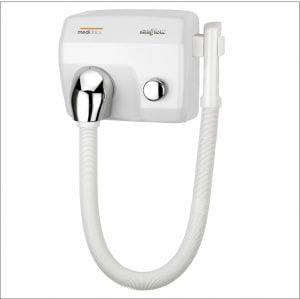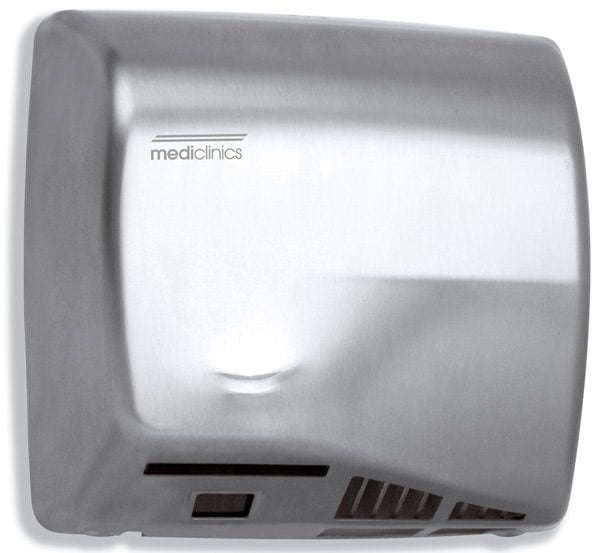The Importance of Hand Washing Procedures for Food Handlers
You may have a spotless kitchen and use only the freshest ingredients, but if food handlers aren’t washing their hands properly then this could be very bad news for health and safety standards and the reputation of the business. Good hand hygiene is one of the major (and yet simplest) safeguards against spreading contamination and disease. Whether you’re preparing food in a restaurant or creating food products to sell from your home kitchen, read through these hand washing guidelines for restaurants and food service.

The food safety hand washing procedure
The following six, simple steps are recommended by the Australian Institute of Food Safety to ensure optimal food safety:
- Wet your hands
Wet your hands all over with water from the tap. Warm or hot water can be best for removing grime and kitchen oils that might coat hands. - Apply soap
Liquid soap from an automatic dispenser is highly effective, as you don’t need to touch the dispenser and risk contamination. - Lather and scrub your hands
Rub your hands together for at least 20 seconds, cleaning between fingers, under fingernails and on the back of your hands. - Rinse your hands
Rinse off the soap with warm running water for at least 20 seconds, pointing fingers downwards to ensure a thorough rinse. - Turn off the tap with care
Take care to turn the tap off using a paper towel (or install an automatic tap sensor) to minimise the risk of contamination. - Dry your hands
Dry your hands completely using a hand dryer or a single use paper towel – not an apron or tea towel.
Additional tips and hand washing procedures for food handlers
As well as the above steps here are some other easy methods to maximise hand hygiene in the food preparation workplace:
- It’s a great idea to outline the procedure above on hand wash signs for restaurant bathrooms, because this can be one of the main sources of contamination on hands.
- A high speed hand dryer is very effective at reducing the number of surfaces people touch that can transfer germs, and can also offer cost efficiencies over paper towels.
- It’s important to regularly clean and sterilise the doors and door handles to the kitchen and staff restroom to cut down on bacteria and viruses that could be spread.
- Staff should never prepare food if they are unwell or even if they feel that they’re coming down with something – it’s always best to be safe rather than sorry in the kitchen.
- We’d also recommend installing toilet and hand sanitisers in bathrooms, which can kill off a variety of unwanted microorganisms that can cause illness.




